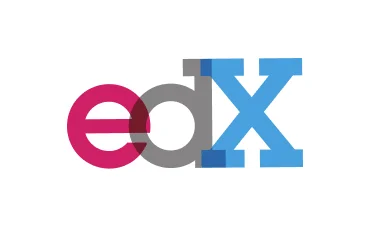When you enroll through our links, we may earn a small commission—at no extra cost to you. This helps keep our platform free and inspires us to add more value.

GTx: Computing in Python I: Fundamentals and Procedural Programming
Learn the fundamentals of computing in Python, including variables, operators, and writing and debugging your own programs.

This Course Includes
 edx
edx 4.6 (41 reviews )
4.6 (41 reviews ) 5 weeks at 9-10 hours per week
5 weeks at 9-10 hours per week english
english Online - Self Paced
Online - Self Paced course
course GTx
GTx
About GTx: Computing in Python I: Fundamentals and Procedural Programming
This course starts from the beginning, covering the basics of how a computer interprets lines of code; how to write programs, evaluate their output, and revise the code itself; how to work with variables and their changing values; and how to use mathematical, boolean, and relational operators.
By the end of this course, you'll be able to write small programs in Python that use variables, mathematical operators, and logical operators. For example, you could write programs that carry out complex mathematical operations, like calculating the interest rate necessary to reach a savings goal, recommending apparel options based on weather patterns, or calculating a grade based on multiple percentages.
Structurally, the course is comprised of several parts. Instruction is delivered via a series of short (2-3 minute) videos. In between those videos, you'll complete both multiple choice questions and coding problems to demonstrate your knowledge of the material that was just covered.
What You Will Learn?
- How a computer processes programming code.
- The write-run-debug cycle of writing code, running it, and revising it based on its output..
- Procedural programming, or how to write sequential lines of code..
- Variables, their types, and their role in complex programs..
- Mathematical operators for arithmetic operations, exponents, and more..
- Relational operators for evaluating relative values or set membership..
- Boolean operators for resolving complex logical statements..